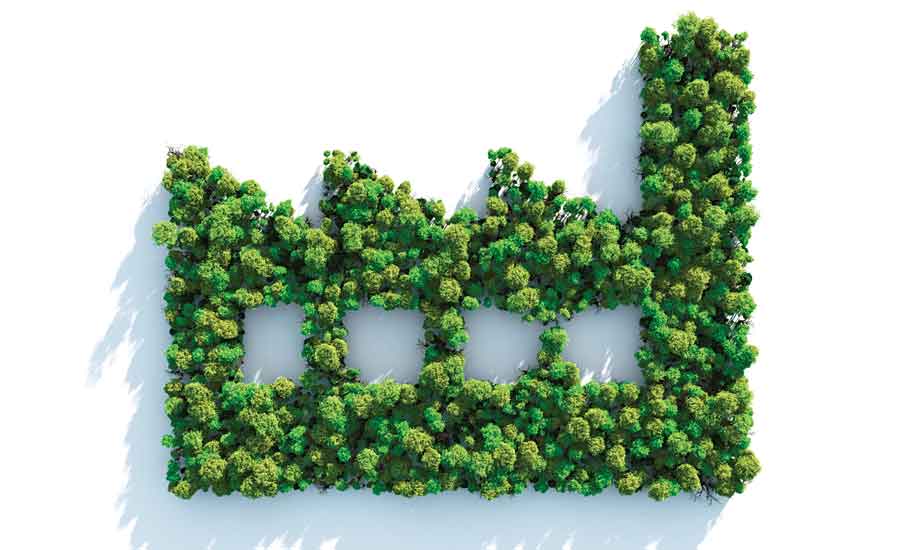Green Manufacturing in Indonesia: A Shift Driven by U.S. Import Standards
As global climate concerns intensify, green manufacturing is no longer a niche strategy but a necessity—especially for exporters targeting developed markets like the United States. Indonesia, one of Southeast Asia’s largest manufacturing economies, is undergoing a major transition toward environmentally responsible production methods. This change is not only driven by local awareness but increasingly by international pressure, including the strict import standards being enforced by U.S. regulators and corporations.
For American buyers seeking compliant and sustainable suppliers, Indonesia’s response to green demands has created opportunities for partnerships in low-emission, eco-certified manufacturing. Sourcing agents are now playing a pivotal role in helping U.S. importers navigate this new era, especially those aligned with the bestsourcing agent Indonesia network or broader bestsourcing agent asia ecosystem.
U.S. Standards Are Pushing the Green Agenda
The U.S. has increasingly implemented laws and import policies that reward or require sustainability in sourcing. From the Uyghur Forced Labor Prevention Act (UFLPA) to the growing pressure from Environmental, Social, and Governance (ESG) guidelines, importers must now ensure their products are sourced responsibly. Eco-compliance is no longer a voluntary label—it’s a barrier to market entry.
Indonesian manufacturers are recognizing that failing to meet these standards risks losing access to lucrative Western markets. In response, a growing number of producers in sectors such as textiles, electronics, packaging, and furniture are investing in clean technologies, renewable energy, and sustainable raw materials.
Sourcing agents familiar with the U.S. regulatory landscape are essential in vetting and auditing these factories to meet export demands. The bestsourcing agent Indonesia model emphasizes compliance-first sourcing, connecting importers with vetted, eco-conscious suppliers in Indonesia.
Industry Sectors Going Green in Indonesia
1. Textiles and Apparel
Indonesia is the world’s 10th-largest textile exporter, but water pollution and energy use have plagued the industry. Now, many producers are shifting to closed-loop water systems, organic cotton, and low-impact dyes to satisfy eco-conscious clients.
2. Electronics
Batam and other tech hubs are incorporating energy-efficient production lines and sustainable materials in the assembly of electronics components. Clean-room technology and emissions control measures are being introduced to align with international green standards.
3. Furniture and Wood Products
With the EU and U.S. enforcing strict deforestation regulations, Indonesian wood suppliers are prioritizing Forest Stewardship Council (FSC)-certified sources. Furniture manufacturers in Bali and Central Java are also using reclaimed wood and natural finishes.
Agents associated with the bestsourcing agent asia initiative provide support in identifying compliant factories in each sector, ensuring that the end products meet both ethical and environmental standards.
Renewable Energy Integration in Factories
An increasing number of Indonesian manufacturers are investing in solar energy and biomass to reduce dependency on fossil fuels. The government’s push for renewable energy incentives is also encouraging producers to adopt solar-powered systems, particularly in industrial zones across Java and Sumatra.
This shift not only reduces carbon emissions but helps lower long-term energy costs, creating a win-win for both manufacturers and buyers. U.S. companies are already prioritizing suppliers who showcase renewable integration in their ESG reports, and sourcing agents can validate these claims through on-ground factory audits.
The bestsourcing agent Indonesia framework promotes these initiatives by connecting buyers with producers that offer low-carbon operations.
Certifications That Matter
For U.S. buyers, green manufacturing is not just about declarations—it’s about verifiable compliance. Leading sourcing agents ensure suppliers obtain certifications such as:
-
ISO 14001 (Environmental Management)
-
OEKO-TEX® Standard 100 (Textile Safety)
-
FSC® (Forest Stewardship Council)
-
GOTS (Global Organic Textile Standard)
-
SMETA (Sedex Members Ethical Trade Audit)
Navigating this ecosystem of certifications and compliance checks is nearly impossible without local expertise. That’s why importers rely on trusted advisors from the bestsourcing agent asia network, who coordinate assessments and monitor compliance throughout the production process.
Waste Reduction and Circular Design
Indonesia’s top-tier manufacturers are incorporating circular economy principles into their design and waste-management practices. This includes:
-
Recycling manufacturing waste into new products
-
Redesigning packaging to be biodegradable or recyclable
-
Sourcing inputs from waste recovery streams
Such innovations are especially relevant to U.S. retailers aiming to meet zero-waste goals. Green sourcing agents help identify these innovations during supplier selection and support ongoing process improvements.
The Role of Agents in the Green Transition
As more Indonesian SMEs and mid-sized manufacturers attempt to go green, the challenge lies in implementation. Many companies lack the knowledge or capital to fully transition. Agents serve as both educators and enablers in this process, guiding factories to adopt green practices and connecting them with buyers who value sustainability.
Agents from the bestsourcing agent Indonesia platform routinely collaborate with manufacturers to develop sustainability roadmaps. These include process audits, material sourcing consultations, and worker welfare programs, aligning with both U.S. expectations and Indonesian capabilities.
Why U.S. Companies Need Green-Savvy Agents
Failing to meet green import standards can result in delays, fines, or product bans. To mitigate these risks, U.S. companies must work with professionals who understand the ground realities of Indonesian manufacturing.
The bestsourcing agent asia model provides real-time support, from vetting and onboarding suppliers to implementing compliance frameworks and conducting sustainability audits.
Beyond logistics, this partnership ensures that the final product not only meets cost and quality benchmarks but also aligns with the evolving values of American consumers and regulators.
Final Thoughts
Indonesia’s green manufacturing revolution is underway, but its success hinges on strategic collaboration. As U.S. import standards grow stricter, the need for verified, sustainable production will become even more critical.
For American companies, working with an experienced bestsourcing agent Indonesia or a regional bestsourcing agent asia is the most reliable way to source responsibly, protect brand reputation, and support environmental progress in emerging markets.
By going green today, businesses not only meet compliance—they build a future-ready, resilient supply chain.
